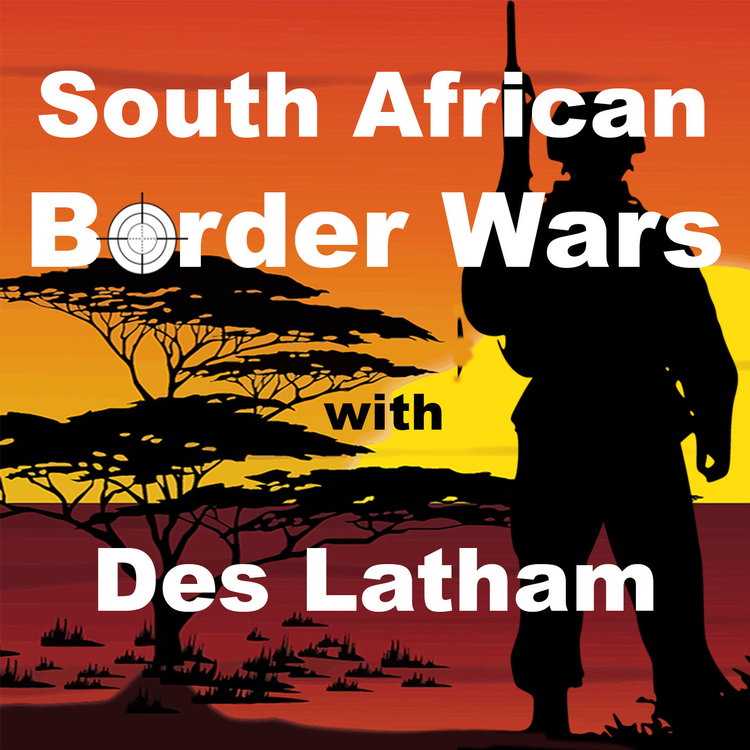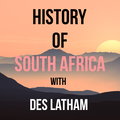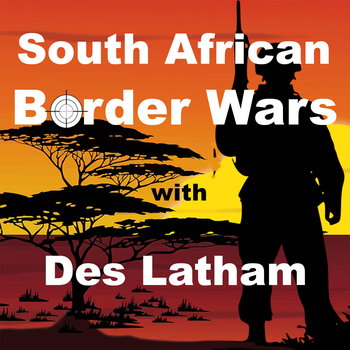
Episode 112 - SWAPO's Sam Nujoma pulls a fast one and UNTAG struggles to cope
Loading player...
So here we are, the sound of peace settled over Ovamboland, it was the end of 1988.
The South Africans were actually in a much better position than it appeared. Yes, they were losing Namibia, and were going to also lose their vital strategic port of Walvis Bay.
Still, UNITA was left out of the discussion, they would continue to fight against the Angolan MPLA. In 1978 the UN Security Council unanimously adopted Resolution SR 435/78 — and from then on Pretoria led the UN on a merry dance by increasing it’s military involvement in Angola, not decreasing. The United States joined the South Africans in calling for the Cuban withdrawal from the country to be part of any future negotiations. This had eventually led to the dramatic signing on the 22nd December 1988 of the implementation of SR 435/78 with a period of transition set down to begin on April 1st 1989.
Elections would be held in Namibia by November 1989, and by mid-1990 Namibia would be independent. But from earlier, by early August 1988, the South Africans had begun a process of withdrawing its troops from southern Angola.
On 30 August 1988, the last of the South African troops crossed a temporary steel bridge into SWA/Namibia watched by the world's media and the Joint Monitoring Commission, 36 hours early than the planned time.
A convoy of fifty vehicles with around thousand soldiers crossed over singing battle songs.
After officers of the three countries walked across the bridge, the South African sappers begun to dismantle the temporary steel bridge.
There was a prickly round of discussions about the United Nations Transition Assistance Group or UNTAG. The role of the UN was reduced in early 1989 when the Security Council decided to cut the military component of UNTAG from 7500 to 4650. Originally the permanent members wanted to cut this still further, but the non-aligned movement, the Organisation of African Unity, the Namibian Council of Churches and most Nordic countries were opposed to further cuts - they were really worried about the South Africans.
Hundreds of SWAPO guerrillas suddenly began streaming across the border on the 1st April 1989 in large groups of fifty or more. The flood was picked up by elements of the SWATF and police, and alerted the South Africans. Pretoria was stung into action, and shouted foul as the aggrieved party, calling for the UN to deal with what they saw as an obvious attempt by SWAPO to take advantage of their pullout.
UNTAG was enjoying demonstrations and celebrations throughout Namibia, when the Administrator-General told the Special Representative that further armed SWAPO personnel had crossed the border and firefights and contacts were occurring on a broad front throughout the Ovambo area of northern Namibia.
A series of similar reports came in during the first and second indicating military action and casualties on a scale not seen for many years in the Namibian conflict.
The South Africans were actually in a much better position than it appeared. Yes, they were losing Namibia, and were going to also lose their vital strategic port of Walvis Bay.
Still, UNITA was left out of the discussion, they would continue to fight against the Angolan MPLA. In 1978 the UN Security Council unanimously adopted Resolution SR 435/78 — and from then on Pretoria led the UN on a merry dance by increasing it’s military involvement in Angola, not decreasing. The United States joined the South Africans in calling for the Cuban withdrawal from the country to be part of any future negotiations. This had eventually led to the dramatic signing on the 22nd December 1988 of the implementation of SR 435/78 with a period of transition set down to begin on April 1st 1989.
Elections would be held in Namibia by November 1989, and by mid-1990 Namibia would be independent. But from earlier, by early August 1988, the South Africans had begun a process of withdrawing its troops from southern Angola.
On 30 August 1988, the last of the South African troops crossed a temporary steel bridge into SWA/Namibia watched by the world's media and the Joint Monitoring Commission, 36 hours early than the planned time.
A convoy of fifty vehicles with around thousand soldiers crossed over singing battle songs.
After officers of the three countries walked across the bridge, the South African sappers begun to dismantle the temporary steel bridge.
There was a prickly round of discussions about the United Nations Transition Assistance Group or UNTAG. The role of the UN was reduced in early 1989 when the Security Council decided to cut the military component of UNTAG from 7500 to 4650. Originally the permanent members wanted to cut this still further, but the non-aligned movement, the Organisation of African Unity, the Namibian Council of Churches and most Nordic countries were opposed to further cuts - they were really worried about the South Africans.
Hundreds of SWAPO guerrillas suddenly began streaming across the border on the 1st April 1989 in large groups of fifty or more. The flood was picked up by elements of the SWATF and police, and alerted the South Africans. Pretoria was stung into action, and shouted foul as the aggrieved party, calling for the UN to deal with what they saw as an obvious attempt by SWAPO to take advantage of their pullout.
UNTAG was enjoying demonstrations and celebrations throughout Namibia, when the Administrator-General told the Special Representative that further armed SWAPO personnel had crossed the border and firefights and contacts were occurring on a broad front throughout the Ovambo area of northern Namibia.
A series of similar reports came in during the first and second indicating military action and casualties on a scale not seen for many years in the Namibian conflict.

